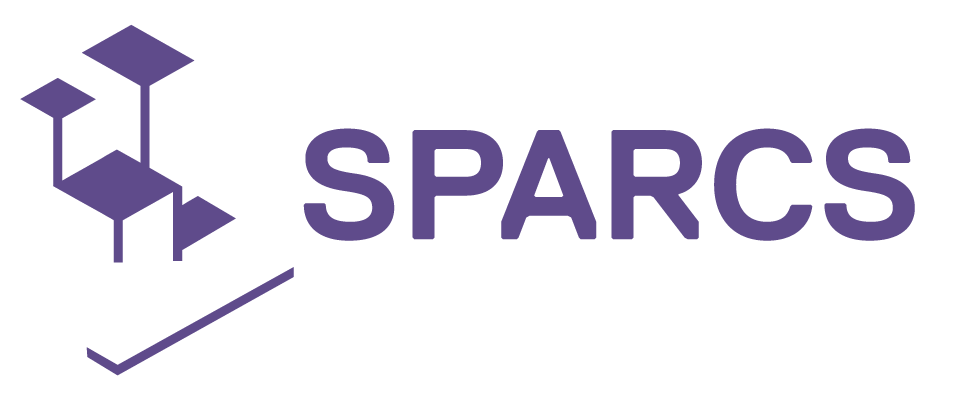

Objective: According to involve.org.uk, written consultations aim to determine the different existing opinions and perspectives on an issue and are the most common form of consultation at the governmental level.
"Written Consultations are designed to engage with other parties to gather intelligence, ideas and viewpoints on any type of issue. A written consultation asks that consultees to read a report and respond to a set of questions that emphasize key areas of contention and explore possible actions on them. They are typically used by governments to engage the public in current issues.
Non-profit organizations and charities are suitable as outside bodies for consultation on public issues. They can, as well, consult each other if required. Regarding the expenses, the main costs are usually associated with the analysis of responses and therefore can vary depending on the numbers received" (involve.org.uk).
This method is appropriate when decision makers are willing to process new or differing ideas concerning a topic, when there is a need for a topic to be analyzed more comprehensively, as well as to stimulate a vivid debate. However, it can be quite time consuming to evaluate all the inputs and incorporate them in a final report. Depending on the number of consultees/participants the consultation process can extend over months. As such, written consultations are not suitable when the aim is to reach easy solutions through quick and straightforward participation processes (beteiligungskompass.org).
| Participation level | Target groups | Number of participants | Duration/Timeline | Implementation | Frequency | Budget |
|---|---|---|---|---|---|---|
| Consultation | Any | Any | Longer than a week | Adaptable | Any | Low |